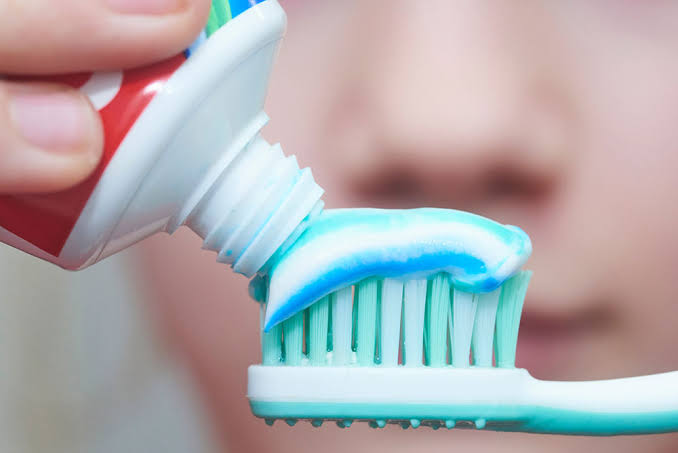As we age, our bodies and minds naturally undergo changes, but there are lifestyle choices we can make to help minimize the risks that come with aging. While some of the challenges of growing older are unavoidable, many are preventable with proper care and awareness. Certain habits become more dangerous as time goes on and can significantly impact our overall health and quality of life. Here are ten deadly things to avoid as you get older to ensure a healthier and more fulfilling life.
1. Neglecting Mental Health: Mental health is often overlooked as we age, but it is just as important as physical health. Chronic stress, anxiety, and untreated depression can have severe physical effects, increasing the risk of heart disease, high blood pressure, and a shortened lifespan. To maintain mental well-being, prioritize activities that promote relaxation, seek professional help if necessary, and stay engaged in social activities.
2. Living a Sedentary Lifestyle: A lack of physical activity becomes even more dangerous with age. Being inactive increases the risk of serious conditions like heart disease, diabetes, obesity, and joint problems. Incorporating regular exercise, such as walking, swimming, or yoga, into your daily routine can keep your body strong and your mind sharp, while also improving overall well-being.
3. Ignoring Diet and Nutrition: As metabolism slows down with age, our bodies require more careful attention to nutrition. Poor diet choices can lead to obesity, diabetes, weakened immunity, and other health complications. A balanced diet rich in fruits, vegetables, lean proteins, and whole grains is essential for maintaining health. Don’t forget to stay hydrated, as proper hydration plays a crucial role in bodily functions.
4. Social Isolation: Being socially isolated as you age can have serious consequences on both mental and physical health. Loneliness has been linked to depression, cognitive decline, and even a higher risk of mortality. To combat social isolation, make an effort to stay connected with family, friends, or engage in community activities that allow you to form and maintain meaningful relationships.
5. Overlooking Sleep Quality: Quality sleep becomes more important than ever as we age. Chronic sleep deprivation can impair cognitive function, memory, and physical health, and can increase the risk of accidents. Older adults often struggle with sleep disorders, but it’s vital to aim for 7-9 hours of rest per night. Creating a comfortable sleep environment and establishing a regular bedtime routine can help improve sleep quality.
6. Smoking: Smoking remains one of the deadliest habits regardless of age. It is a leading cause of cancer, heart disease, lung disease, and stroke. The longer someone smokes, the higher the risk of life-threatening conditions. Quitting smoking at any age can significantly reduce the risk of these diseases and improve overall health....Read Full Article [Click Here>]
7. Chronic Alcohol Consumption: While moderate alcohol consumption might be okay, excessive drinking becomes more harmful as we age. The body’s ability to process alcohol declines with age, increasing the risk of liver disease, heart problems, and cognitive impairment. Limiting alcohol intake or abstaining completely can reduce these risks and promote better health.
8. Skipping Regular Health Checkups: Preventive healthcare is essential as we age. Regular health screenings can help detect early signs of diseases such as cancer, diabetes, and heart disease before they become more serious. Skipping these checkups can allow conditions to go undiagnosed, potentially shortening life expectancy. Stay on top of your health by attending regular appointments and following your doctor’s advice.
9. Overworking and Stressing: While it’s common to continue working into older age, excessive stress from overworking can negatively affect your health. Chronic stress can lead to high blood pressure, heart disease, and strokes. It’s crucial to find a balance between work and relaxation to manage stress effectively and maintain a healthy lifestyle.
10. Failing to Keep Learning: Mental stagnation can contribute to cognitive decline as we age. Continuing to learn new skills, explore hobbies, or engage in stimulating activities can help keep your mind sharp. Staying intellectually active by reading, solving puzzles, or even taking up new subjects can enhance cognitive resilience and promote brain health.
By avoiding these harmful habits, you can significantly improve your chances of living a longer, healthier, and more vibrant life. Small, proactive changes in your lifestyle today can lead to greater overall well-being as you age.





